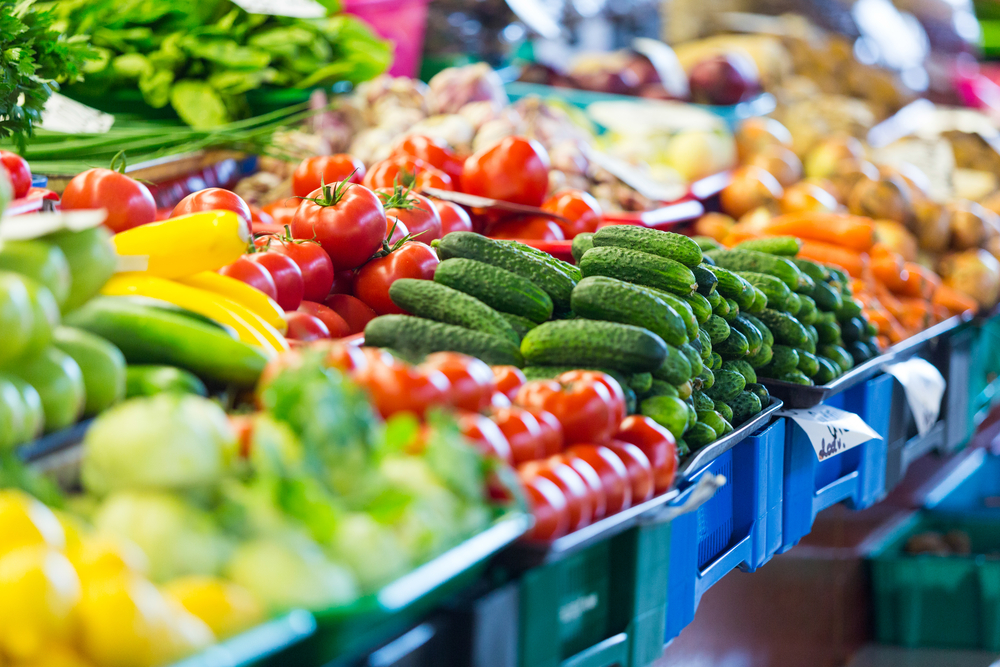Food factories have been around for quite some time, primarily engaged in large-scale food production, producing wholesale products like noodles, biscuits, and other staples. Traditionally, these operations were housed in standalone factories. However, in recent years, food factories have evolved in form and function, and now come in a variety of sizes and formats.
During Covid, Singapore faced the challenge of securing essential food supplies from our neighbouring countries during to a myriad of factors, including export restrictions and panic buying. Taking a leaf from that experience, Singapore plans to fulfil 30% of its nutritional needs locally by 2030. This initiative underscores the significance and changing role of food factories as crucial infrastructure to enhance food resilience and security in the future.
Growing Demand for Food Service driving need for Food Factories
The increasing population and shifting dietary preferences have driven the growth of food and beverage (F&B) establishments throughout Singapore. Including non-retail food establishments, food shops and food stalls, Singapore reported over 40,200 such entities in 2024.
This marks a significant jump from approximately 32,300 entities seen a decade ago. Despite worries about rising closures in F&B establishment, demand for food factories is anticipated to stay strong as F&B companies consolidate their operations to centralise kitchens instead.
Chart 1: Food establishments in Singapore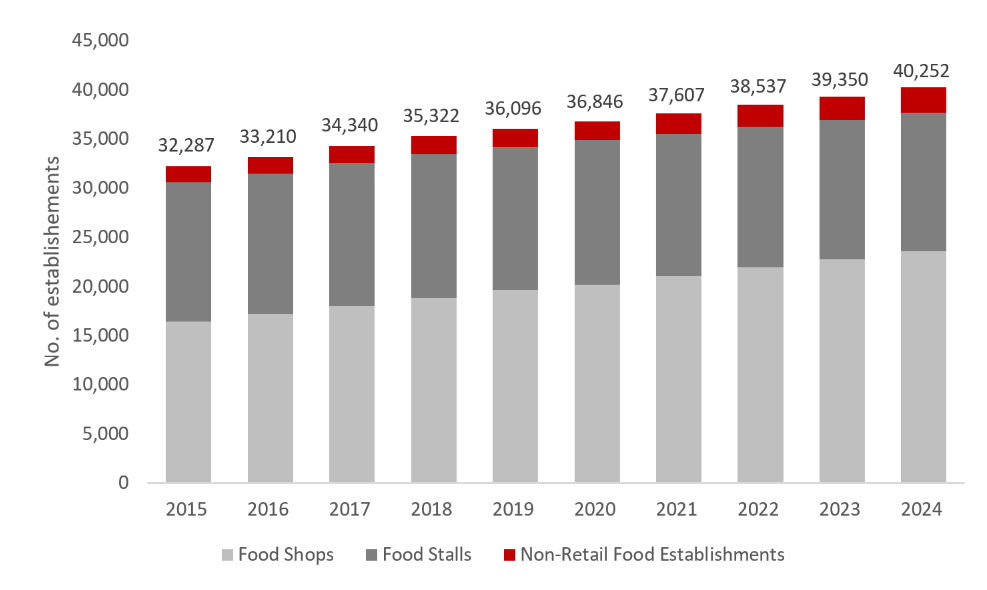
Source: Singstat, ERA Research and Market Intelligence
According to the Accounting and Corporate Regulatory Authority, some 3,047 F&B business shuttered in 2024, marking the highest number of closure seen since 2005. At first glance, this may raise some concerns. However, in the long term, Singapore's projected population growth is expected to drive demand for more F&B services, creating new opportunities for expansion and innovation in the sector.
The Changing Role of Food Factories Today
Moving from its past, food factories have discovered new functions in response to the increasing and diverse diversity demands of modern food production. This stems from changing dietary needs and a shift in eating habits that has led to higher degree of customisation, and a greater focus on small batch of food production for ready-to-eat meals.
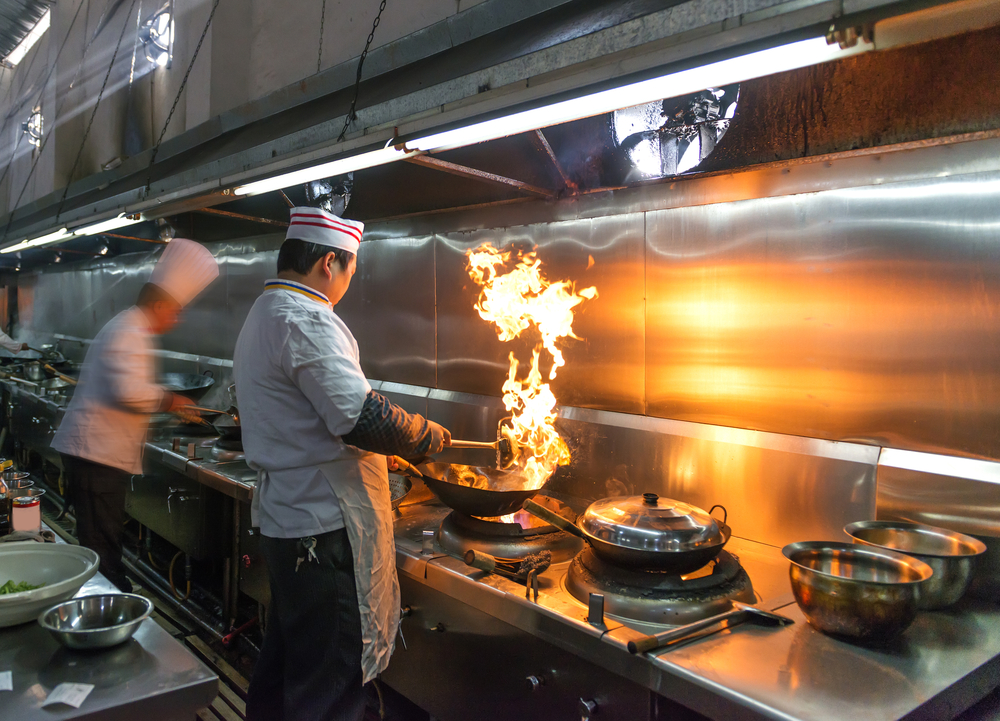
Moreover, in light of increasing retail rents and manpower costs, many businesses are turning to central kitchens as a cost-efficient alternative. This trend has resulted in new applications for food factories such as operating as cloud kitchens. By handling the bulk of the food preparation process in a centralised location, business can execute better control over the quality and cost before distributing the product to the restaurants or café, or delivery to consumers. That said, there might be cheaper options like industrial canteens with comparable setups.
So what is driving the growing demand for centralised kitchens? This leads us to the next aspect: the necessity for stringent food safety standards.
Food Factories Designed to meet Food Safety Standards
In Singapore’s tightly regulated setting, food safety standards have come under greater scrutiny and have become more stringent. New food factories are designed to adhere to strict safety protocols set by the Singapore Food Agency. This includes the need for separate lifts for raw and cooked food, dedicated driveways for end-to-end logistics and higher electrical capacity to accommodate coldroom or automation systems.
Food factories typically operate under stricter specifications compared to traditional factories. This allows for more sophisticated installations and advanced mechanisms to meet rigorous safety and operational standards. In that way, companies can minimise food exposure and effectively lower the risk of contamination to the greatest extent possible.
Smaller Food Factories Open New Possibilities to New Ideas
In the past, some F&B operators face challenges in securing specialised spaces, that are typically much larger. Today, the emergence of smaller food factories offers increased opportunities and flexibility in the food and beverage sector.
Individuals encounter evolving dietary needs and food allergies, necessitating the production of food in small quantities, often within controlled setting.
Similarly, smaller food factories pave the way for the growth of artisanal food production, which promotes creativity and support research and development. Over time, this fuels innovation within the food industry.
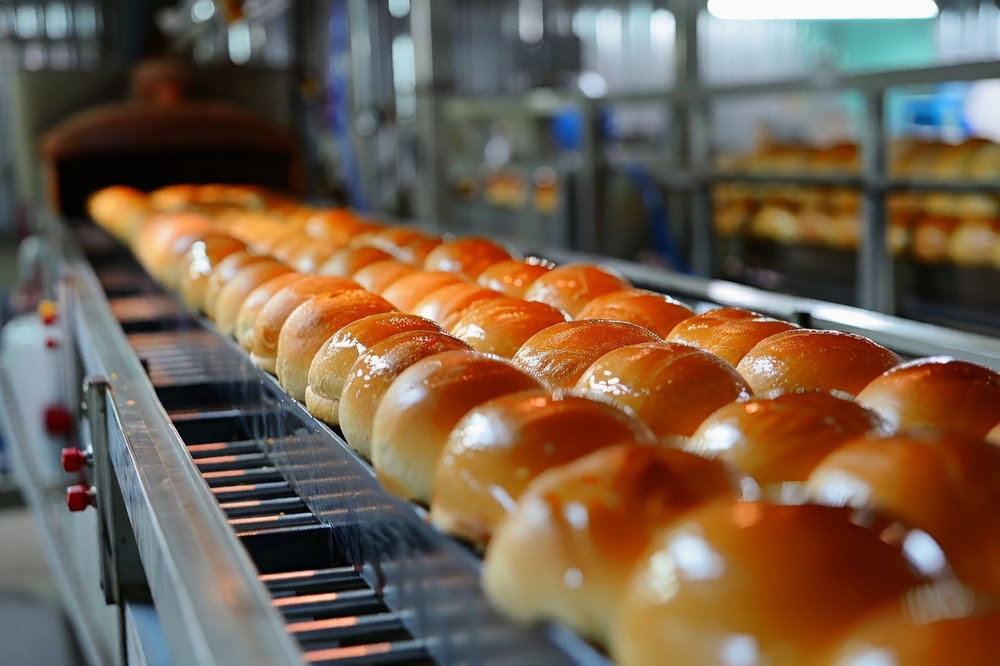
A growing but limited supply of Food Factories
Although there are no official figures, the number of food factories is increasing to match the growing needs. Nonetheless, despite the emergence of new food factory developments, the overall supply remains constrained and may still fall short of meeting the market demand.
The rise of new strata food factories offers businesses the chance to secure their own food production spaces, mitigating the risks associated with rising rents and granting greater control over both capital and operational costs. This move towards ownership foster long-term stability and offers the flexibility to tailor facilities according to specific manufacturing needs.
Food Factories - The Secret Sauce to Feeding Singapore’s Future
In closing, food factories are no longer a novelty. They have transformed into a critical pillar of Singapore's industrial landscape.
As Singapore's population expands and consumer preferences shift towards convenience, the demand for scalable food production solutions is becoming increasingly urgent. This need is effectively addressed by consolidating operations in food factories, enabling centralised food preparation, packaging, and distribution all in one location.
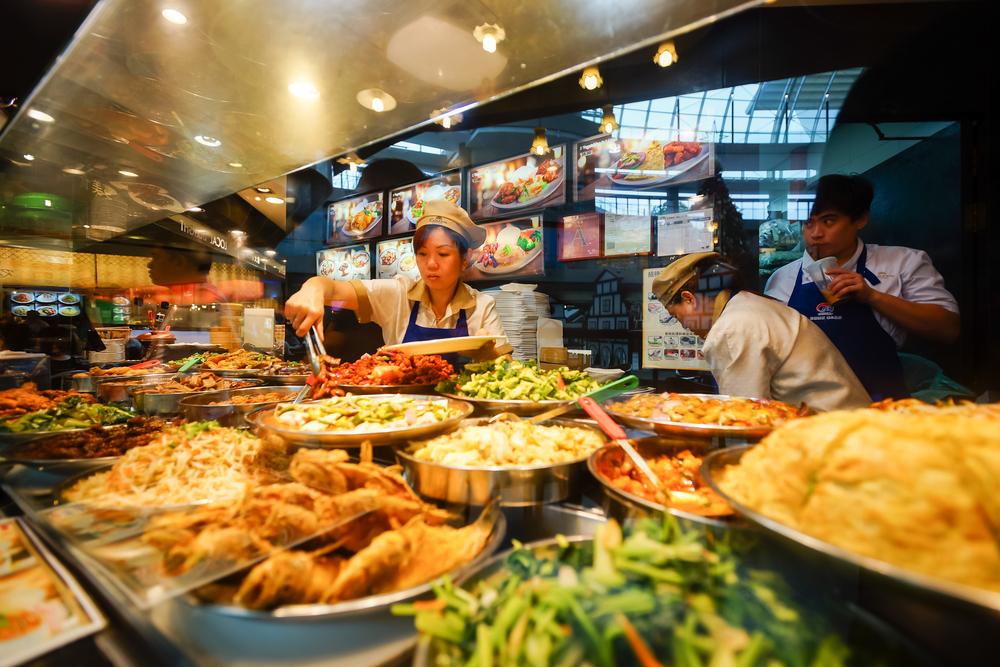
Additionally, as more F&B firms seek to consolidate their operations, there is a clear preference for a centralise location to improve efficiency, manage costs and optimise labour demand. Central kitchens and food factories can help streamline operation processes, help uphold quality control, and reduced logistical challenges, making them the preferred choice for scalable food production.
Looking ahead, ERA expects the demand for food factories to remain strong, becoming essential in supporting Singapore's food security. As food factories continue to modernise and expand, they are poised to play an even more significant role in ensuring a stable and sustainable food supply for Singapore's future.
I confirm that I have read theprivacy policyand allow my information to be shared with this agent who may contact me later.
